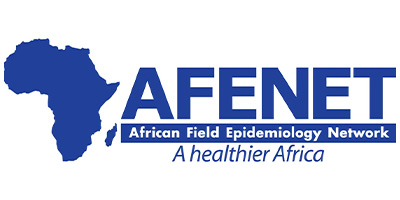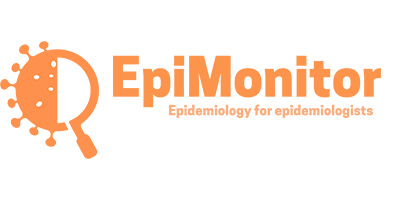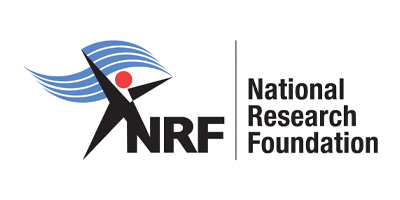Welcome to the
WCE2024 Conference
It was our pleasure to host the World Congress of Epidemiology from September 24-27, 2024 in Cape Town, South Africa. We returned to an in-person format for this edition of the triennial congress of the International Epidemiological Association (IEA). It was wonderful to have the global epidemiology community together again!
WCE is well-known for bringing epidemiologists and public health experts working in different sectors together in an atmosphere designed to promote dialogue, the interchange of ideas, and state-of-the-art scientific research. The theme of WCE2024 was “Epidemiology and complexity: challenges and responses” which engaged the full depth and breadth of methods and practice in contemporary epidemiology. The meeting featured top-calibre invited speakers presenting plenary lectures, workshops and interactive sessions. The abstract-driven programme included oral and poster presentations including theory and application from every sub-discipline of epidemiology. With more than 1500 delegates, WCE2024 created a unique opportunity to share experiences and expertise – the opportunities to learn, grow and network within the field were phenomenal.
This was the first time the congress was hosted on the African continent and the Cape Town International Convention Centre provided a world-class venue for this meeting. And of course, Cape Town is a city of unrivalled natural beauty, rich in history and culture with incredible cuisine and wine.
We hope you to took a few days before or after the meeting to explore the proximal beauty of Table Mountain and the Peninsula, the Winelands, the Garden Route, and other nearby, remarkable destinations in South Africa and the region.
It was a privilege to host you in Cape Town!
Best wishes,

Landon Myer
Conference Chair: WCE2024
Division of Epidemiology & Biostatistics
School of Public Health, University of Cape Town

Important Dates
1|
All abstract submissions open:
1 October 2023
2|
Fast track submissions close:
1 December 2023
3|
Fast track dispositions:
8 January 2024
4|
General submissions close:
16 February 2024
5|
General dispositions:
25 March 2024
6|
Early bird registration deadline:
26 April 2024
7|
Final abstract submissions close:
31 May 2024
8|
Final abstract dispositions:
24 June 2024
Sponsors and partners











We are aware of fake emails claiming to be from WCE2024 organisers. Only emails with soafrica.com and uct.ac.za domains are valid. Please verify sender addresses and report any suspicious emails to us. Your security is our priority.


